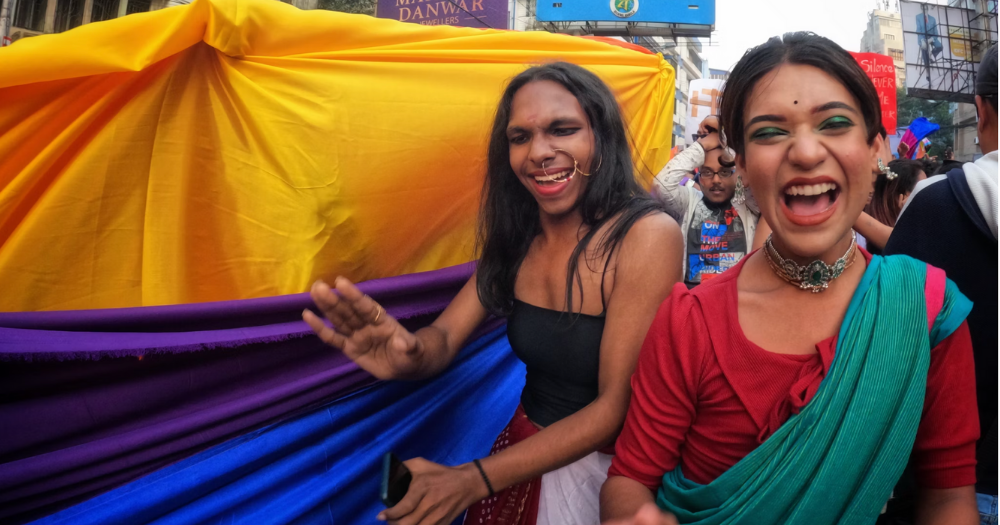In a landmark judgment advancing the rights of trans individuals in India, the High Court of Andhra Pradesh has ruled that trans women are legally recognised as women, affirming their right to equal protection under Indian law. The ruling, delivered on June 16, marks a significant step forward for gender justice in the country, striking down the argument that womanhood is confined to the ability to conceive or bear children.
Justice Venkata Jyothirmai Pratapa presided over the case involving a trans woman named Shabana in India, who had filed a complaint at the Ongole Women’s Police Station. She alleged that her in-laws had threatened her life and that her husband, Krishnamurthy, had subjected her to abuse. Based on her complaint, police registered a case under Section 498A of the Indian Penal Code, a provision designed to address cruelty and dowry-related harassment within marriages.
However, in 2022, Krishnamurthy and his parents petitioned the High Court to dismiss the charges. Their counsel contended that Shabana, being a trans woman, did not meet the legal definition of a ‘woman’ and was therefore ineligible to seek protection under Section 498A. They argued that as a trans woman who could not conceive, Shabana did not qualify as a wife under the law, which specified the definition of ‘woman’ as one who could bear children.
Justice Pratapa rejected this claim, stating that tying the definition of a woman to biological capability, such as pregnancy, is “legally unsustainable” and contrary to the Indian Constitution’s guarantees of equality before the law. Quoting the Supreme Court’s 2014 NALSA judgement, which recognised the rights of transgender individuals and allowed them to identify as male, female or third gender, the judge ruled that denying trans women legal recognition as women amounts to discrimination.
“A trans woman, born male and later transitioning to female, is legally entitled to recognition as a woman,” the judgment stated. “Denying such protection by questioning their womanhood amounts to discrimination.”
This decision not only reinforces the constitutional rights of trans individuals in India and beyond but also sets a powerful precedent affirming that legal recognition of gender identity cannot be restricted by outdated notions of biology. It signals a broader commitment to ensuring that the Indian legal system protects all women.
Did you know that this Pride month you can support GCN by donating €1 when you shop online with PayPal? Simply select GCN at checkout or add us as your favourite charity* at this link to support Ireland’s free LGBTQ+ media.
*GCN is a trading name of National LGBT Federation CLG, a registered charity – Charity Number: 20034580.
© 2025 GCN (Gay Community News). All rights reserved.
Support GCN
GCN is a free, vital resource for Ireland’s LGBTQ+ community since 1988.
GCN is a trading name of National LGBT Federation CLG, a registered charity - Charity Number: 20034580.
GCN relies on the generous support of the community and allies to sustain the crucial work that we do. Producing GCN is costly, and, in an industry which has been hugely impacted by rising costs, we need your support to help sustain and grow this vital resource.
Supporting GCN for as little as €1.99 per month will help us continue our work as Ireland’s free, independent LGBTQ+ media.
